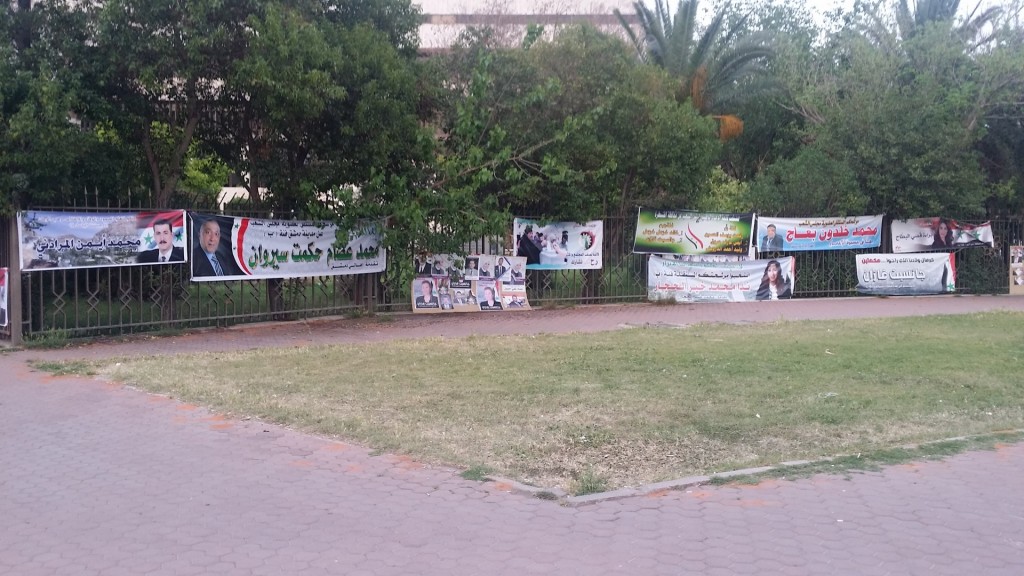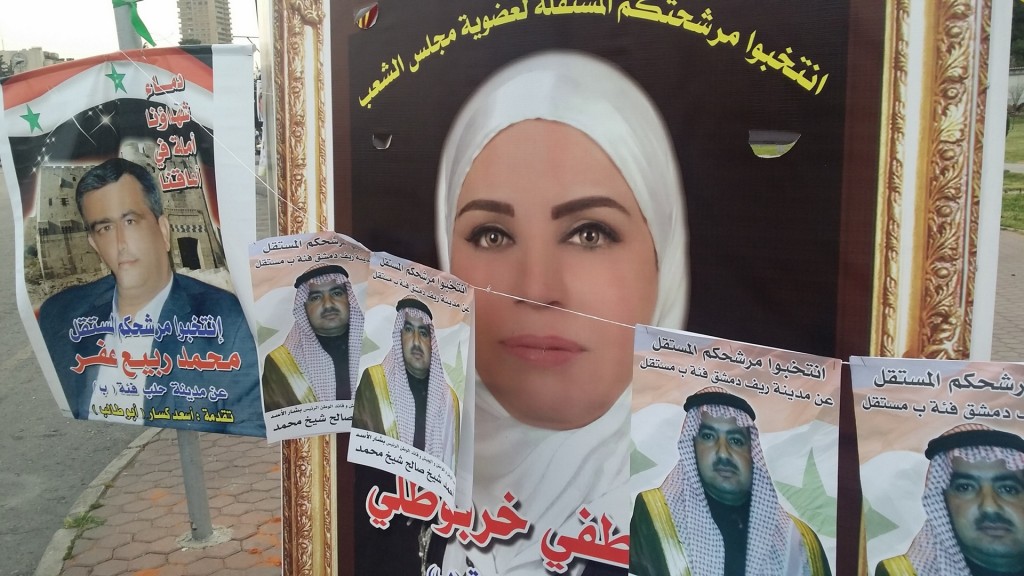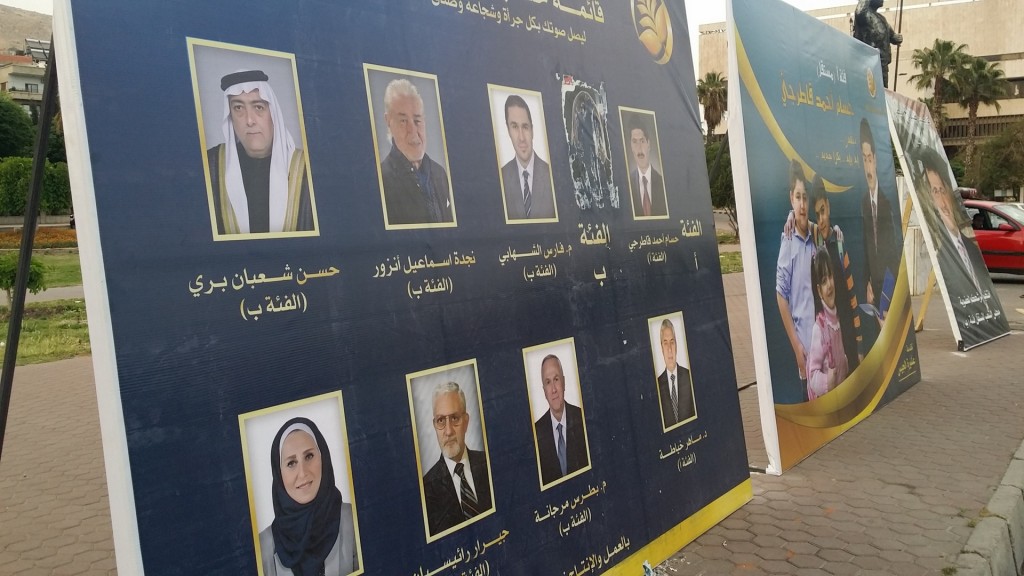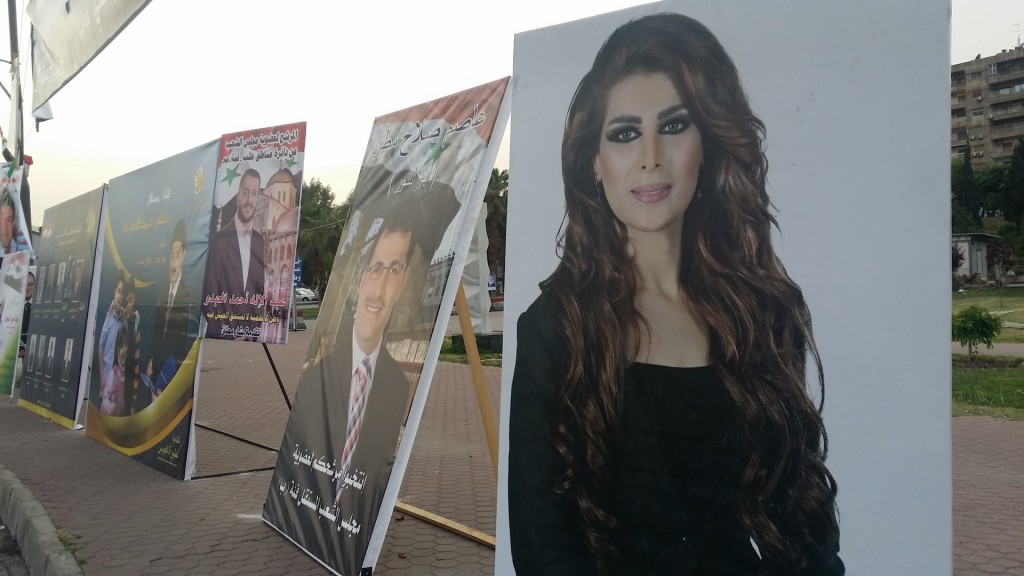Syria’s 2016 Congressional Elections. “Enthusiasm to Vote in a War-Torn Country”
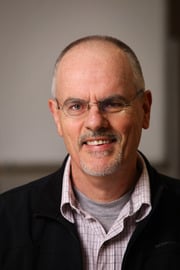
Author Prof. Tim Anderson, reporting from Damascus
Syria approaches its 13 April congress (Majlis al Shaab) elections with over 11,000 candidates and candidate banners and billboards across the country.
Elections for law makers in presidential systems are often more subdued affairs, but the enthusiasm to participate in the democracy of this war-turn country is obvious.
Click Image to order Tim Anderson’s book directly from Global Research 
Higher Judicial Committee for Elections (HJCE) Hisham al-Shaar said on 2 March that the HJCE had closed nominations, with 11341 candidates across the country (988 in Damascus, 817 in Damascus countryside, Aleppo 1437, in Aleppo regions 1048, In Idleb 386, in Homs 1800, Hama 700, Lattakia 1653, Tartous 634, Deir Ezzor 311, Hasaka 546, Raqqa 197, Daraa 321, Sweida 263 and in Quneitra 240).
While there is a semblance of political negotiation with armed group representatives in Geneva, Syria’s 2016 congress elections are taking place according to the Syrian constitution and electoral law.
The armed groups have shown little interest in elections.
Regardless, Syria’s government and people are clearly taking to heart UN recognition – most recently in UNSC resolution 2254 of December 2015 – that the country’s political future must remain in the hands of Syrians, and no-one else.
Repeated outside demands that ‘Assad must go’, or that a Washington-approved executive ‘transition government’ be formed, have become meaningless, since the military tide turned in the embattled country’s favour.
Although tens of thousands of al Qaeda style fighters remain in Syria, with good access to US weapons, the Syrian Arab Army’s alliance with Iran, Hezbollah, Iraqi militia and Russian airpower has built a decisive upper hand.
And although the army has suffered around 80,000 casualties in the last five years, it has also gained a toughness that only extended war can bring.
In the second week of April thousands of people were returning to their homes in the recently liberated cities of Palmyra and al-Qaryatain, but many will vote for their local candidates from Damascus and the other western cities.
Several million have been internally displaced, and many others have left the country, since US-Saudi-Turkey-backed terrorist groups began attacking populated centres, intent on overthrowing the government and creating a religious state.


